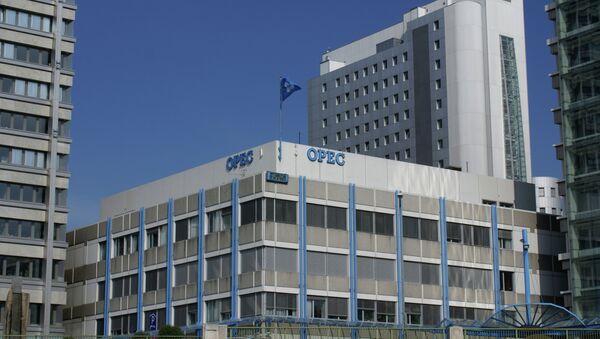"The UK’s exit from the EU will potentially have implications for commodity market regulations, given the important role that London plays as a global financial centre. The most immediate impact will come from the fact that the UK will no longer be in a position to exert influence on EU financial services regulations – including those that apply to commodity markets….Going forward, the status of the infrastructure of the UK’s financial markets will need to be negotiated," OPEC said in its July Oil Market Report.
The United Kingdom has contributed its expertise to ensure that the European Union adopts suitable regulations, the report added.
Regarding the issue of the status of UK financial markets, the key issue would be whether it can be negotiated to remain unchanged and recognized by the European Union, the United States and other countries, according to OPEC.
The United Kingdom has yet to trigger Article 50 of the EU Lisbon Treaty, an move that would give the country a time frame of two years to negotiate its exit from the bloc. Rules for commodity markets will continue to apply as before until the exit, OPEC said.
Earlier on Tuesday, UK Foreign Secretary Philip Hammond said that the country is restricted in negotiating new trade agreements until Article 50 is triggered.
On June 23, the United Kingdom held a referendum to determine whether or not the country should leave the European Union. According to the final results, 51.9 percent of voters, or 17.4 million people, decided to support Brexit, while about 16.1 million opposed it.



